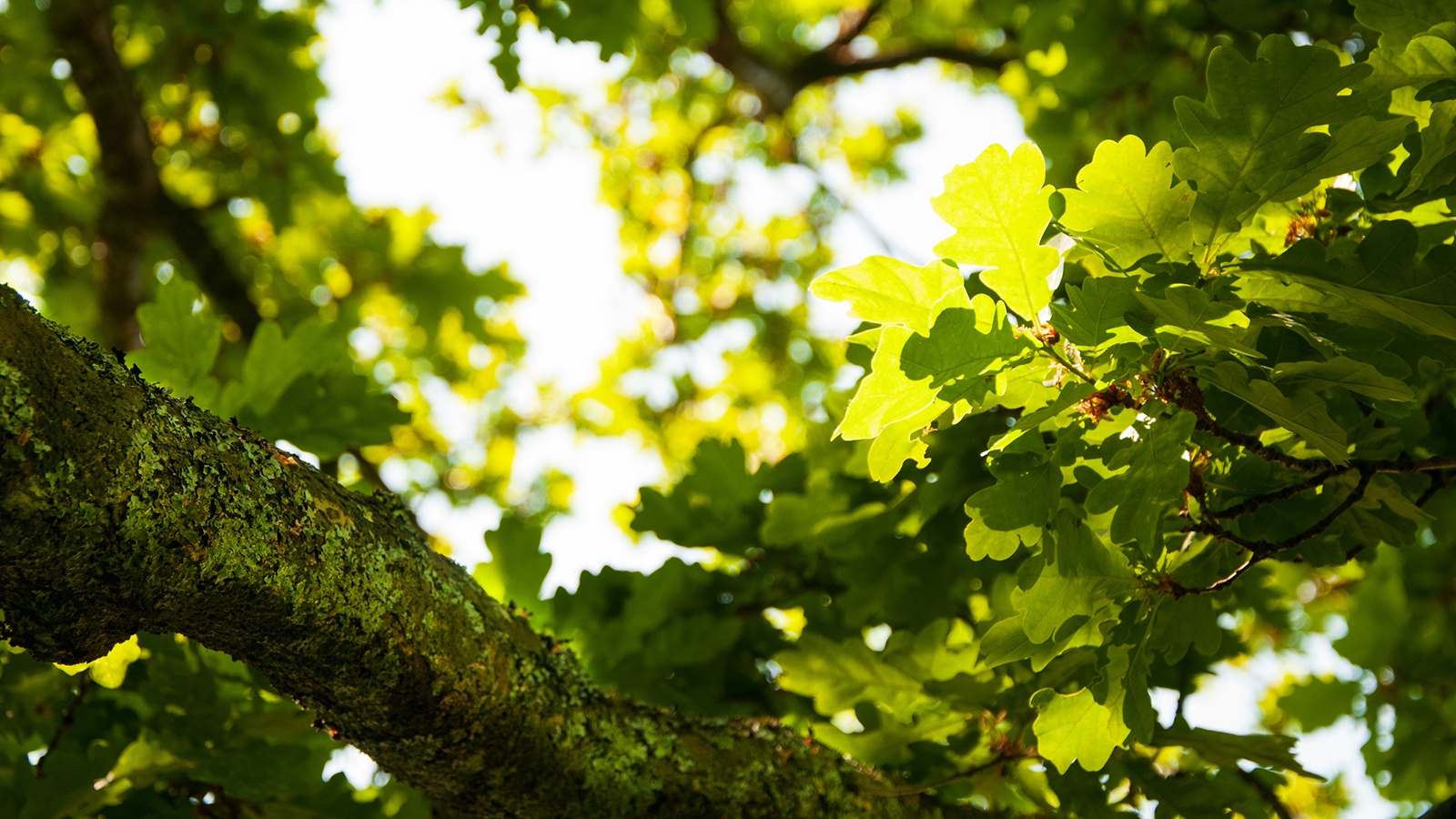
Tanya Weaver Mon 12 Aug 2024
Collected at: https://eandt.theiet.org/2024/08/12/mature-forests-help-tackle-climate-change-acting-carbon-stores-new-study-reveals
A forest of mature oak trees is able to extract CO2 from the atmosphere and lock it into new wood, researchers at the University of Birmingham have found.
In 2016, the University of Birmingham’s Institute of Forest Research (BIFoR) founded the Free-Air Carbon Dioxide Enrichment (FACE) experiment to study the impact our changing climate has on woodlands.
Within BIFoR FACE’s 52-acre forest in Staffordshire is a group of 180-year-old English (or ‘pedunculate’) oak trees with a canopy reaching 26 metres tall. Within this canopy a network of pipes has been inserted that pumps out CO2 to recreate the conditions of our future warming planet.
For the past seven years, an international team of researchers working at BIFoR FACE have been measuring the effect of elevated CO2 on the oak trees’ wood production.
The results are surprising in that the older trees responded by locking in the increased CO2 and converted it into woody biomass. In fact, the findings of the study reveal that exposure to elevated levels of CO2 increased a tree’s wood production by nearly 10% over a seven-year period.
This counters existing theories that while younger trees are able to respond to rising levels of CO2 by increasing their rates of CO2 absorption, mature woodland does not have the same capacity.
Lead author of the study, Professor Richard Norby from the University of Birmingham, said: “Evidence from BIFoR FACE of a significant increase in woody biomass production supports the role of mature, long-established forests as natural climate solutions in the coming decades while society strives to reduce its dependency on carbon.”
Professor Iain Hartley, from the University of Exeter, added: “The observed increase in wood production suggests there is the potential for carbon sequestration in mature temperate forests as atmospheric CO2 concentrations rise. Thus, the protection of mature forests remains an important priority for climate change mitigation.”
The researchers hope the study, published in Nature Climate Change, will demonstrate the vital role mature forests play in tackling climate change by acting as carbon stores.
The BIFoR FACE experiment will continue analysing the interactions between forest carbon, other plant nutrients and the forest food web into the 2030s.
Study co-author and BIFoR director Professor Rob MacKenzie said: “We believe these results, at about the halfway point of our 15-year experiment at BIFoR FACE, will prove invaluable for policy makers around the globe as they grapple with the complexities of climate change.
“FACE experiments such as ours provide foundations for predictions of future atmospheric CO2 concentrations and so greatly improve confidence in policy decisions. But even if the increase in tree growth translates to a medium-term increase in carbon storage in forests, this in no way offers a reason to delay reductions in fossil fuel consumption.”

Leave a Reply